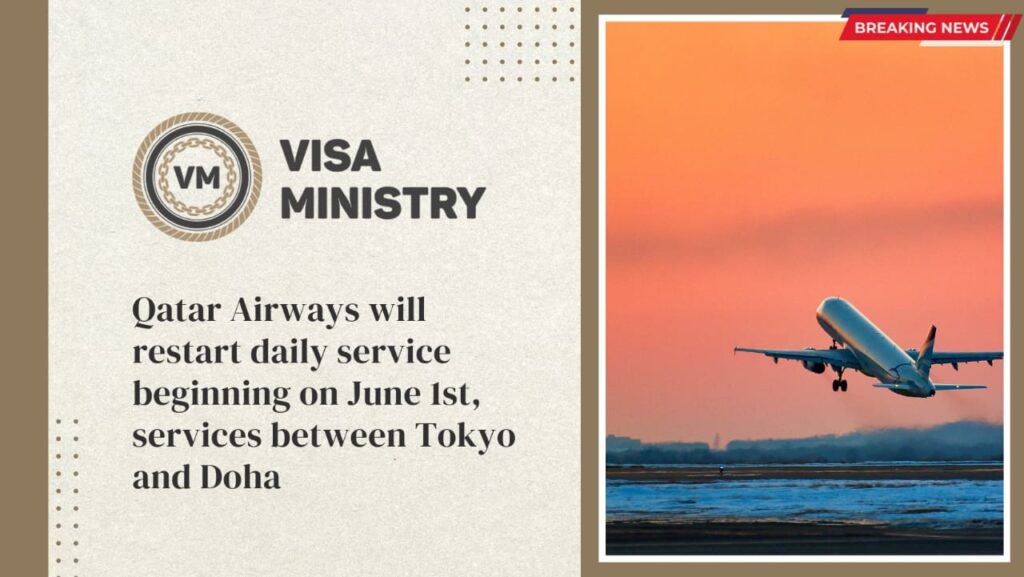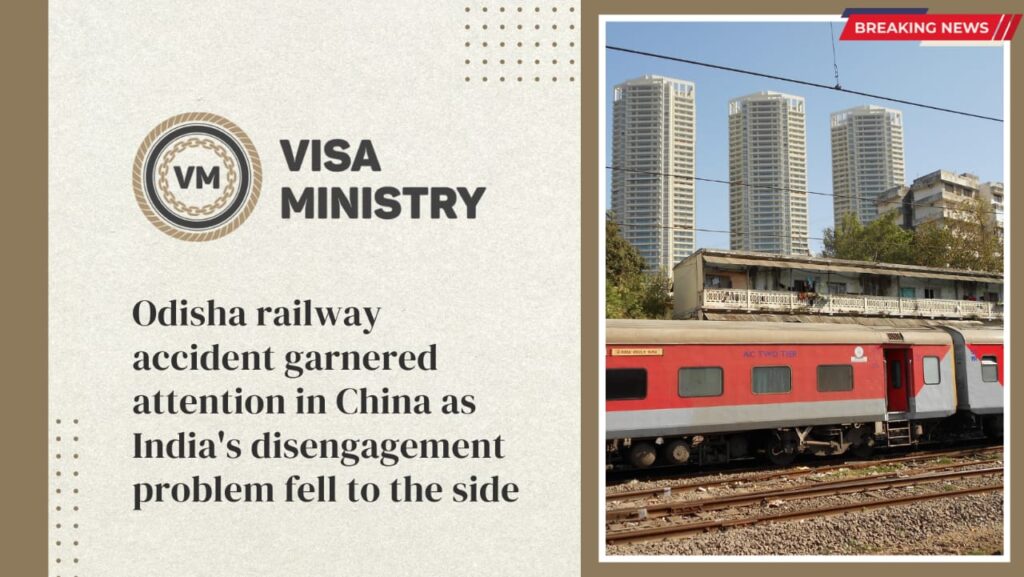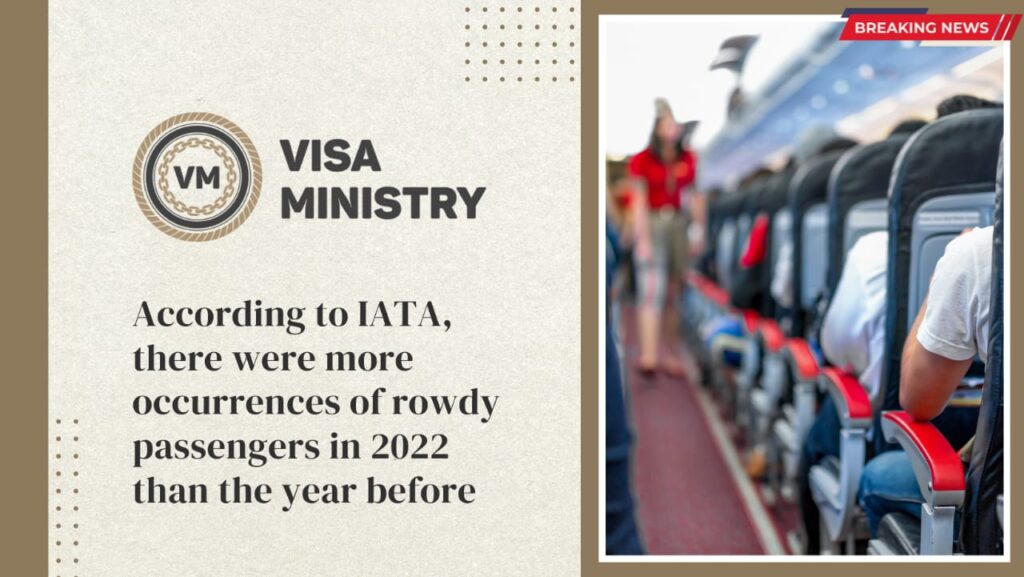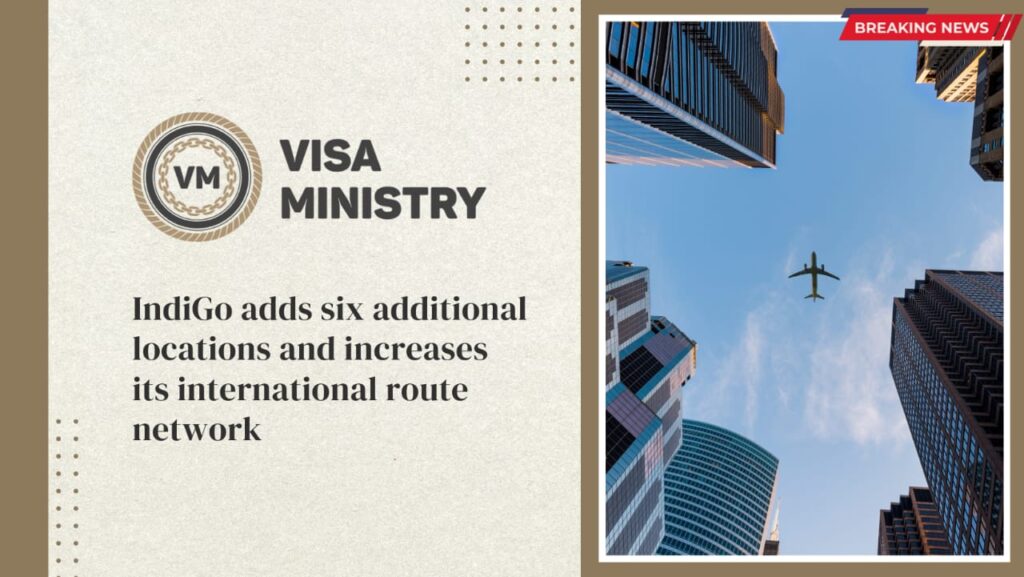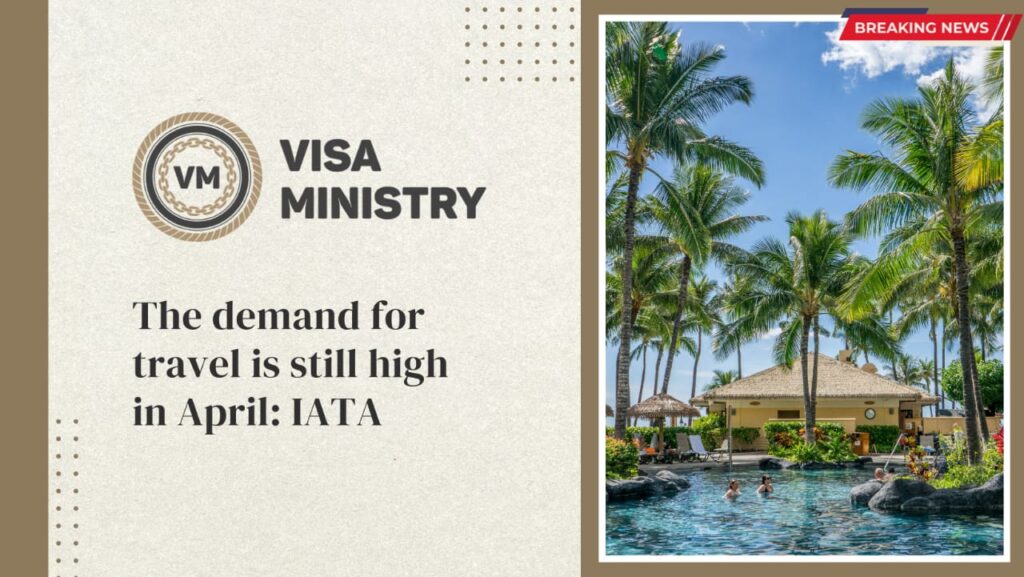France draws millions of tourists annually with its rich history, vibrant culture, and gorgeous scenery. Understand France visa requirements before visiting Paris, Lyon, or the French Riviera. This guide covers France visa requirements, application, fees, validity, and more. To guarantee a smooth visa application procedure, familiarize yourself with the stages and documents. Visa requirements vary by purpose and duration. Short-stay (Schengen) and long-stay (National) visas are available for tourists, business travelers, and visitors to France. Regardless of visa kind, you must understand the common criteria. Valid passports, visa application forms, passport-sized photos, trip itineraries, and travel medical insurance are usually required. Some visa kinds have extra criteria for their purpose. After learning the prerequisites, apply for a visa. This requires picking the right application center, acquiring the necessary papers, filling out the form correctly, and booking a visa appointment. Keep track of your application after submission. Visa costs and processing times are also important. Stay informed since visa fees vary and may fluctuate. Apply early since processing timeframes vary. Planning your vacation requires knowing your visa’s validity and duration. Each visa specifies the term for entering France. Visa type limits the maximum stay. In some cases, visa applications involve an interview. If you’re interviewed, we’ll help you prepare. Finally, we’ll discuss visa refusal and appeals, including typical reasons and appeal methods. This article will help you understand France visa requirements and confidently apply. Be prepared to make your dream trip to France a reality. Types of France Visas Depending on the reason for and length of your travel, France provides several different visa kinds. It’s critical to choose the visa type that best fits your trip objectives. The most common French visas are listed below: A. Schengen visas for a brief period Tourist visa: Holders of this visa may enter France for tourist or leisure purposes. Within a 180-day window, it permits stays of up to 90 days. Business visa: A business visa is intended for travelers going to France for conferences, trade shows, or other business-related activities. It allows for networking possibilities and transient business activity. Visa for visitors: This type of visa permits you to stay in France for a short time, usually up to 90 days, to visit family or friends. B. National visas for long-term travel Work visa: You need this visa if you want to work in France. You can live and work in the nation after being granted it based on a job offer or employment contract. Study visa: For anyone wishing to attend academic programs or pursue higher education in France, a study visa is required. Students approved by French educational institutions are given it. Visa for family reunion: This visa facilitates reunification with immediate family members, such as spouses, children, or parents who are French citizens or legal residents. It is available to those who have family members who live in France. There are certain qualifications, evidence needs, and criteria for each sort of visa. For your application to be successful, it is crucial that you fully comprehend why you are visiting and select the proper visa category. Often noteworthy is the fact that short-stay visas, often known as Schengen visas, permit travel only inside the Schengen Area, which is made up of 26 European nations. You should apply for a Schengen visa from the nation where you will spend most of your stay or your principal destination if your travel itinerary includes stops in various Schengen nations, including France. You may choose the France visa that best matches your travel needs by being aware of the several types available. Before starting the application procedure, make sure you have read the precise prerequisites and restrictions for each type of visa. France Visa Requirements There are common conditions that must be met to apply for a France visa, irrespective of the kind. Furthermore, depending on the objective of each visa type, certain criteria could apply. The following are the principal prerequisites for French visas: A. Standard prerequisites for all visa types Validity of passport and copies: You must have a passport that is valid for at least three months past the duration of your expected stay in France. A copy of your passport’s information page and any prior Schengen visas should be in your possession. Form for requesting a visa: Accurately fill out and sign the visa application. The French consulate or embassy in your nation, as well as their official website, both sell the form. Passport-sized photos: Submit current passport-sized photos that adhere to the requirements set out by the consulate or embassy. The majority of the time, pictures should have a white backdrop and be from the past six months. Proof of travel itinerary: Present a thorough trip itinerary that includes your flight and lodging arrangements as well as a schedule of the activities you want to do while visiting France. Travel medical insurance: Get travel medical insurance that will pay for medical costs, repatriation, and emergency medical evacuation for your whole stay in France. A minimum of €30,000 ($35,000) in insurance coverage is required. B. Extra requirements for particular visa types Requirements for tourist visas Affirmation of accommodations: Ensure you have hotel bookings or a letter of invitation from the host with their address and contact details. Financial means: monetary resources Provide proof of your financial resources, such as bank statements, traveler’s checks, or, if appropriate, sponsorship letters, to show that you can pay your bills throughout your stay. Needs for business visas Letter of invitation: Obtain a formal letter of invitation outlining the details of your visit, including the duration, from the French firm or group you will be visiting. Employment verification: Give a letter from your company confirming your title, duration of work, and approval for the trip. Requirements for study visas Letter of acceptance: Include a letter of acceptance from the French-language university or college you want to enroll in, confirming your attendance and the length of the course. Financial means: monetary resources Prove that you

